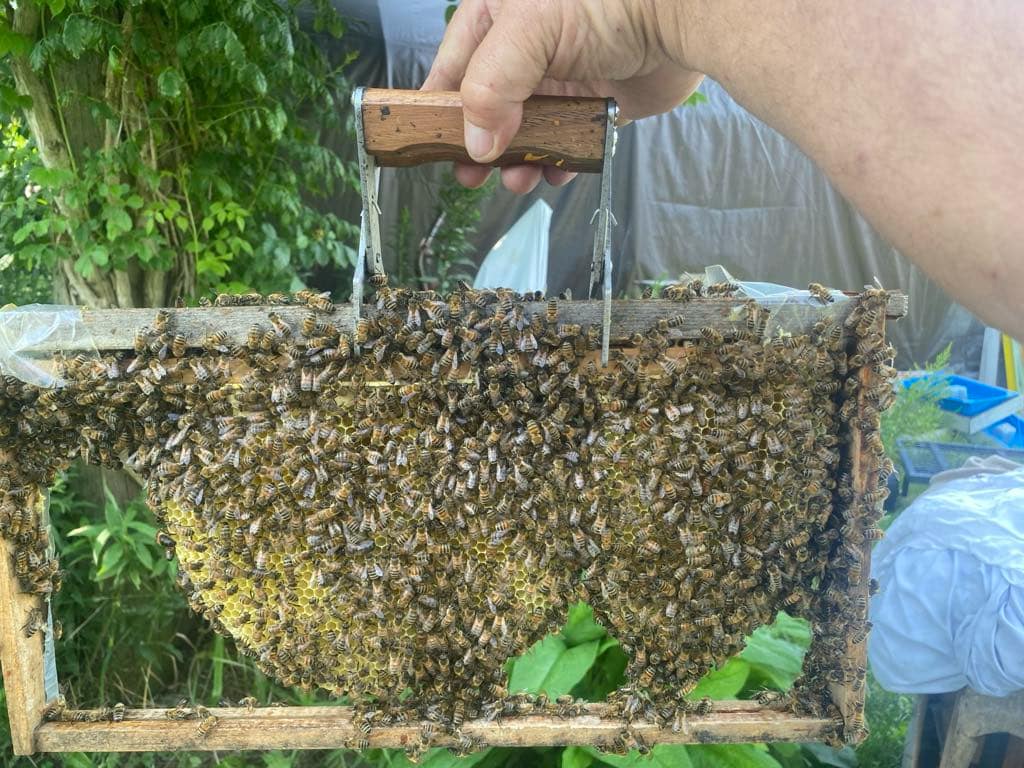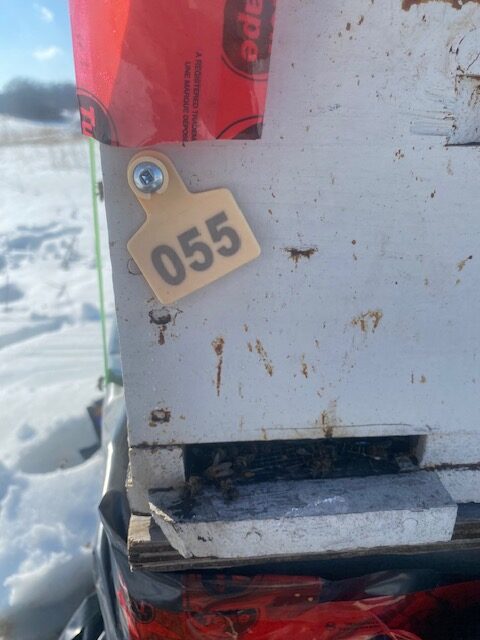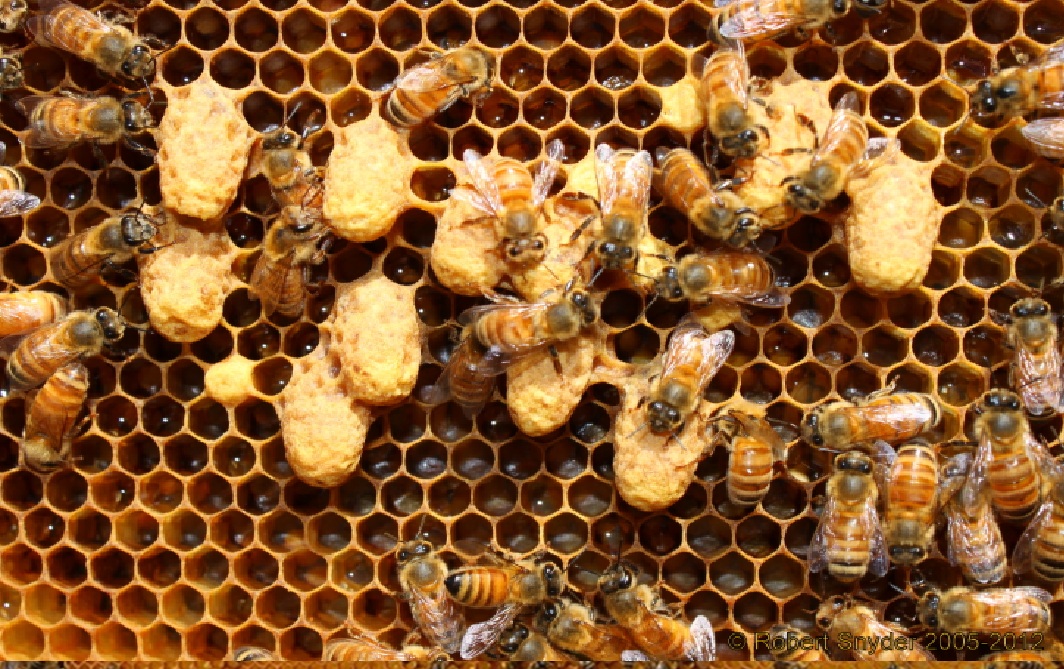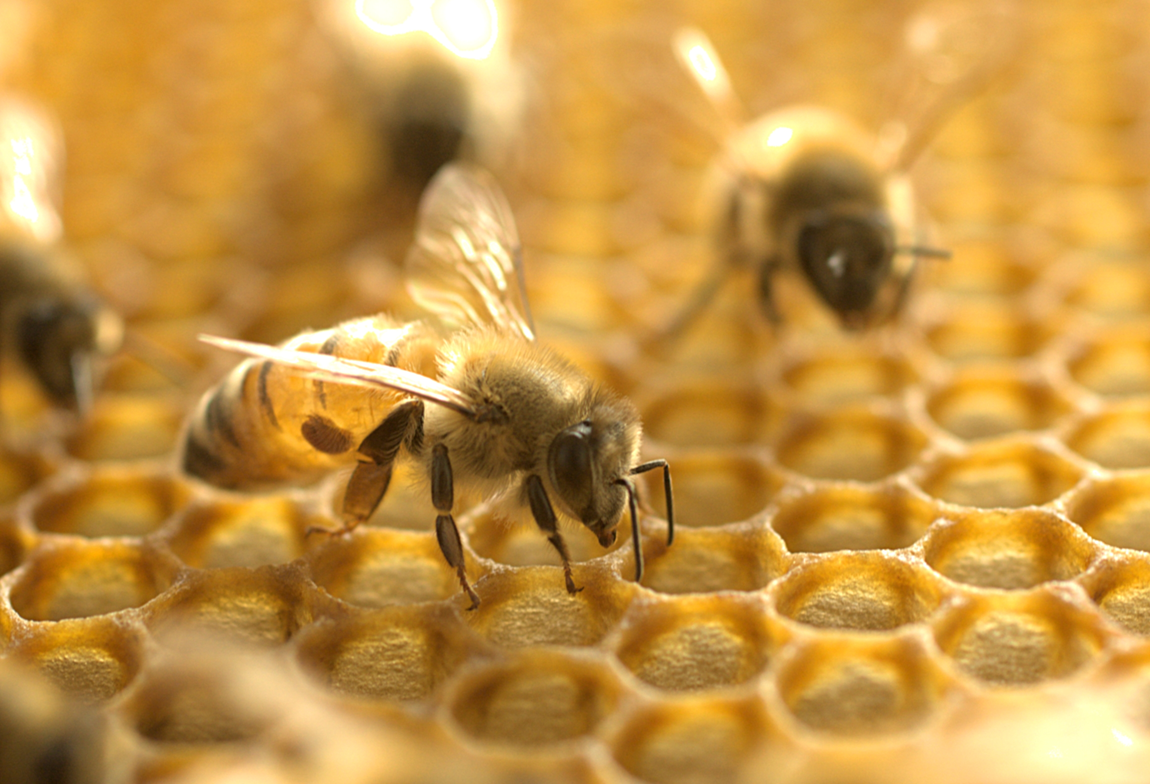Becoming a beekeeper is not a destination, it is a journey. This is definitely one farming venue, where knowledge is power. Experience is important, but like music, ‘practice doesn’t make perfect.’ Without understanding why, and how, things happen, it is impossible to quantify (measure) the results. It is also impossible to replicate your successes.
When we started, we approached beekeeping like we approached breeding our German Shepherds. While our methods worked with the GSD, it did not work with the bees! For one, the GSD world has many breeders who are as experienced as vets, if not more so. They study the biology, genetics, and husbandry to produce health, calm, and working dogs.
In the bee world, it is more ‘trial and error’ with most discoveries and improvements happening by accident. It took is about four years to realize that there was vast academic knowledge and research being done on bees, especially since the 1950s, mostly in Europe, and later in America.
I am a systems/data analyst and project manager by trade. The leap from buying bees each spring and hoping for success to taking an academic or scientific approach to beekeeping was easy.
For 30 years I have used Data and metrics to help businesses create a blueprint for success, avoid making mistakes, and identifying weaknesses and success.
I bring this experience, and 40 years learning genetics and bloodlines to breed some of the best bloodlines.
It really hit home when I was listening to a lecture on YouTube that stated universities started making leaps in the field of research when they hired non beekeepers like engineers to do bee research. These people did not have blinders on, or preconceived notions of right and wrong.
YUK! I DON’T WANT TO LEARN SCIENTIFIC BEEKEEPING
That is okay. YouTube has some excellent lectures, or you can follow the university of Guelph’s videos Get Future Ready at #UofG | University of Guelph, Randy Oliveras Olivarez Honeybees, Inc. Olivarez – YouTube. Both of these resources are good for getting started.
We all watch videos and reels these days. The great thing about YouTube is that you can watch the video in bite size snips and you can rewatch them. Just remember when you watch YouTube that not everyone is a pro. Anyone with Marketing experience can make a professional looking channel. Use the same criteria when looking for a YouTube channel as you use to find a mentor.
There are a lot of conflicting theories on YouTube, but if you start paying attention to a) growing zone, and b) how close they are to the ocean, mountains, deserts, or snow belts then you start to see that each of these areas follow patterns. A beekeeper near in growing zone 5 in the mid west will not use the same methods as a beekeeper in zone 5 within a few hundred miles of the pacific.
In our area we use different methods than one yard than we use in another. We have ‘lake effect’ from Lake Erie in 2 of our yards. One yard is in a snow belt with strong winds and heavy snow fall. Another yard is in a valley, protected from the wind, but prone to problems from higher humidity in the spring. Each yard poses different problems.
I now listen to audible books while driving.
I WANT TO LEARN BEEKEEPING
If you want to learn, then I have included book reviews of resources that I have found which really changed my beekeeping game. I also suggest attending every beekeeper conference you can and join more than one local beekeeper’s group.
Help Me – What We Learned
Reactive vs ProActive Beekeeping
The one thing that changed our success ratio was changing from a reactive to a proactive beekeeping method. We do not wait until varroa mite numbers are more than 3 in an alcohol wash. Instead, we watch the flowers, weather, and brood, especially drone brood. We treat before we have a problem. This prevents the introduction of bacteria and viruses.
We also learned that beekeepers have this mentality that there is no right way to keep bees and to discount anyone who bravely steps out to offer ‘methods’ and ‘guidelines.’ Instead of fearing them, learn as many as you can so that you can experiment and pick what is right for you.
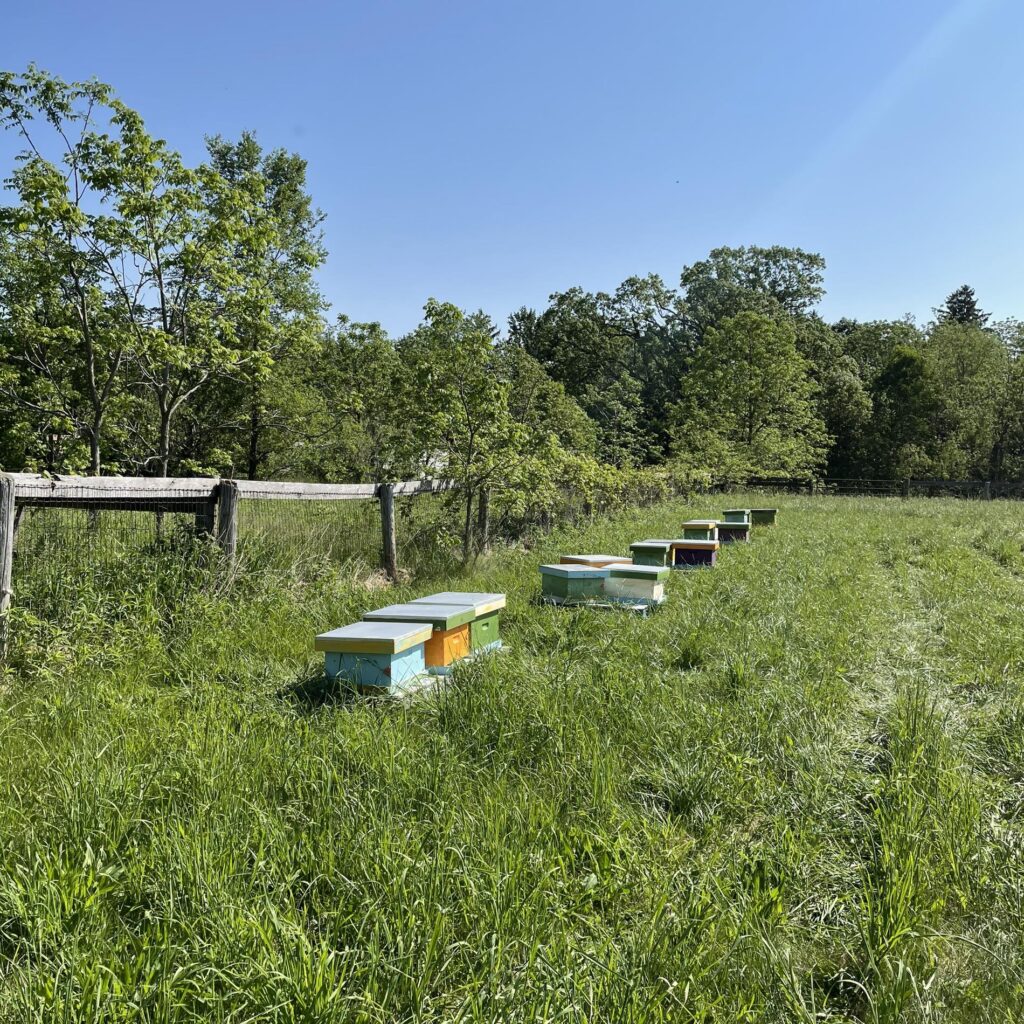
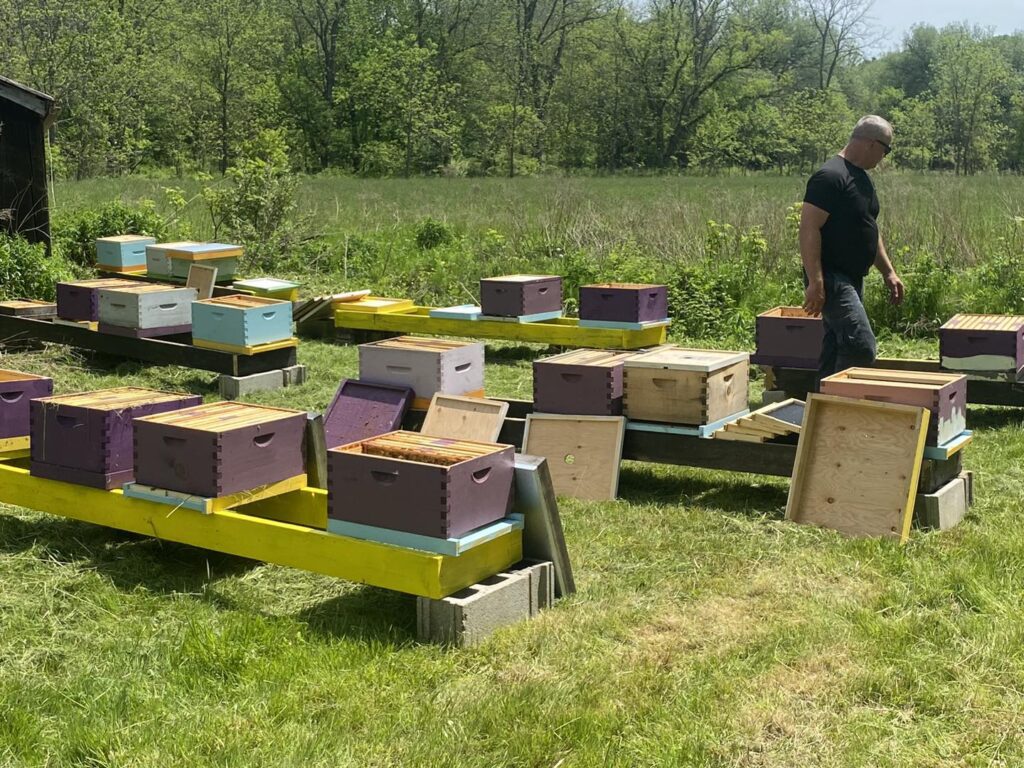
Work With Other Beekeepers
While you may not want to work for free with a local beekeeper, they are the ones who know what works in your area. You will learn ‘hands on’ and practical methods of beekeeping. Some of the most successful beekeepers are those who work together, helping each other.
Fine a Beekeeping Mentor
Finding a mentor can make or break your beekeeping venture. There are some differences between beekeeper’s mindset.
- I cannot control my bee losses.
- Only God Knows what will happen.
- Proactive or Scientific Beekeeping.
The #1 beekeeper knows the problem might be and blame varroa mites, pesticides, the neighbor’s poor beekeeping methods, bad genetics, or other problems. Even though have a good idea of the problem, they do not seek solutions.
The #2 beekeeper accepts that losses are a part of beekeeping and do not experiment or try to find something else that works.
The #3 beekeeper. This beekeeper can be a good find, or not. If they are not documenting their results then they are still a #2 beekeeper. It takes Data to understand what works, and what doesn’t.
Find a Mentor
The #1 to #3 beekeeper can all make a good mentor depending on their experience. A beekeeper who has lower than 30% loss a year and doesn’t know why, or doesn’t try to solve the problem, will not make a good mentor. You want a mentor that is improving over time.
The number of hives a beekeeper has is important. When we had under 30 hives we were at a loss to learn why one hive survived and another died. There wasn’t enough data. There were not enough hives to measure the results of our beekeeping method. John and I never started to ‘learn’ the art of beekeeping until we had more than 50 hives.
When a beekeeper has more than 50 hives then the numbers make sense. A beekeeper with 5 hives, and 2 do not overwinter, has about a 40% loss. The beekeeper with 50 hives would need to lose 20 hives to achieve a 40% loss. However, when 20 hives fail there are clues to the reason in at least a few hives.
Last, find a mentor who will take time to break apart hives and show you things, not just let you help them load 50 supers on the truck.
Experience Matters
“The beekeeping Industry is the only one where everyone starts as Master Beekeepers and 10 years later are noobs,” Suzanne Wiebe, 2023 OBA Fall Conference. I made this statement to a long-time beekeeper who had just listed to a year 2 beekeeper explain everything the first man was doing wrong. It is true. When John and I started we thought we had a strong handle on the Art of Beekeeping.
Ten plus years later we are excited when we learn something new. John texted me from the Ontario Beekeeper’s Association’s Fall Conference, 2024, every time someone said something that we had been working on, or introduced something new that we hadn’t thought about. (John went to the conference, I watched online.)
Most beekeepers give up within 3 to 5 years. They start every year with hope and are frustrated by how little control they have over bees. We cannot control the bees. It isn’t like we can take a sick bee to the vet. Most of us do not even understand the viruses and bacteria that can devastate a hive.
People have also started to view bees as pets, not livestock. A beehive is not immortal. They have a 3-year lifespan. If your hive lives longer it is because you requeened it or replaced it. This is also something that took us time to learn.
Stay In Your Lane
If you want to be a hobby beekeeper with only a few hives and only want honey, do not select a mentor who sends hundreds of hives to pollination, or is a bee breeder. Instead, look for a mentor who is a honey producer.
Different Beekeepers use different methods. For example, a commercial beekeeper may overwinter indoors. A smaller commercial beekeeper may absorb the losses because they can split early spring and recoup any losses.
Is Our Journey Over?
It is never over. Beekeepers can live 10 lifetimes and never learn everything there is about bees. That is part of their fascination. Their beauty. John and I are only just beginning.
John and I feel that we are moving into the second phase of our beekeeping career. Our grand children are old enough to come into the business. Our Son in Law and Daughter are looking forward to learning the business.
The next decade will involve less stress, more fun, and a lot more blog posts.

